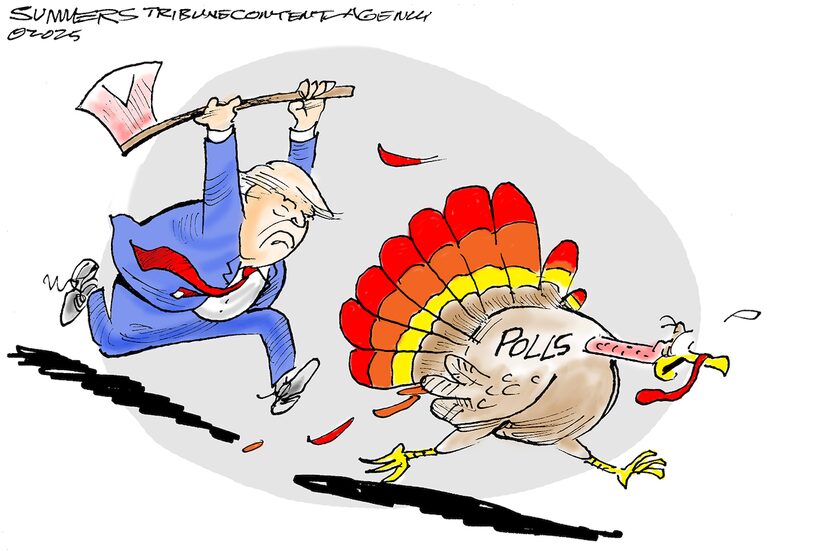Recent editorial commentary highlights the impact of former President Donald Trump‘s foreign policy on Ukraine, raising concerns about the country’s vulnerability to Russia. Critics argue that Trump’s unpredictable approach has left Ukraine at a significant disadvantage in the ongoing conflict. This assessment emerges in light of the escalating tensions between Ukraine and Russia, which have been exacerbated by a lack of consistent support from the United States.
The editorial underscores a growing sentiment among political analysts that Trump’s erratic diplomacy could have dire consequences for Ukraine’s sovereignty. Since his tenure as president, the U.S. has seen shifts in its support for Ukraine, affecting military aid and diplomatic engagements. The situation has become increasingly precarious, with many experts warning that without a strong Western alliance, Ukraine’s position could further deteriorate.
Concerns Over U.S. Foreign Policy Direction
Trump’s foreign policy decisions often prioritized transactional relationships over traditional alliances. This has sparked debates about the long-term implications for global stability, particularly in regions like Eastern Europe. According to multiple political analysts, a coherent strategy is essential to counter Russian aggression. As Ukraine faces an uncertain future, the need for a unified and strong response from the West is more critical than ever.
In a separate topic, transportation options for those traveling to DFW Airport have also made headlines. The availability of train services has improved access for travelers, marking a significant development in public transport. This initiative aims to alleviate congestion and provide a more efficient travel experience.
Moreover, commentary from local journalist Wilonsky reflects on the cultural significance of a house in South Dallas where legendary musician Ray Charles lived during the 1950s. Wilonsky’s piece captures the nostalgia and historical importance of such landmarks in preserving the rich musical heritage of the area.
Through these diverse narratives, the editorial content invites readers to engage with pressing issues that affect both national and local communities. Whether discussing foreign policy or cultural history, the commentary reflects the interconnectedness of policy decisions, public transport developments, and cultural preservation.
